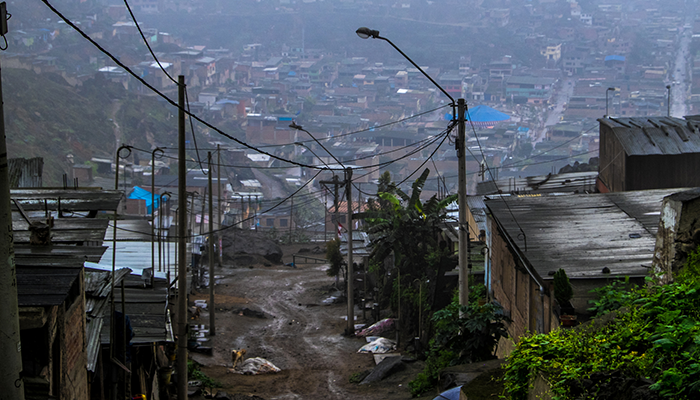The Economic Commission for Latin America and the Caribbean proposed in a report that cash transfers should be paid to everyone currently living in poverty in the region, to help them pay for necessities such as food and healthcare during the next six months.
“The pandemic has intensified difficulties with meeting basic needs, particularly on the part of the poorest and most vulnerable population,” said the commission’s executive secretary Alicia Bárcena.
“That is why it is necessary to guarantee income, food security and basic services to a broad group of people whose situation has become extremely vulnerable and who were not necessarily included in the social programmes existing prior to the pandemic.”
Read more: Covid-19 means basic income schemes being debated ‘as never before’
Bárcena said that because the pandemic has worsened already sizeable inequalities in society, the time had come to look toward implementing “universal, redistributive and solidarity-based” policies – adding that governments should look to transforming the emergency basic income schemes into more wide-ranging programmes in the future.
“Providing emergency responses based on social protection to avert a severe deterioration in living conditions is inescapable from the perspective of rights and wellbeing,” she said.
“Building the welfare state and universal social protection systems is key to averting another lost decade.”
Earlier this month, a report found the Finnish government’s universal basic income experiment had improved recipients’ mental wellbeing and life satisfaction, and had not had a negative effect on their willingness to work.














